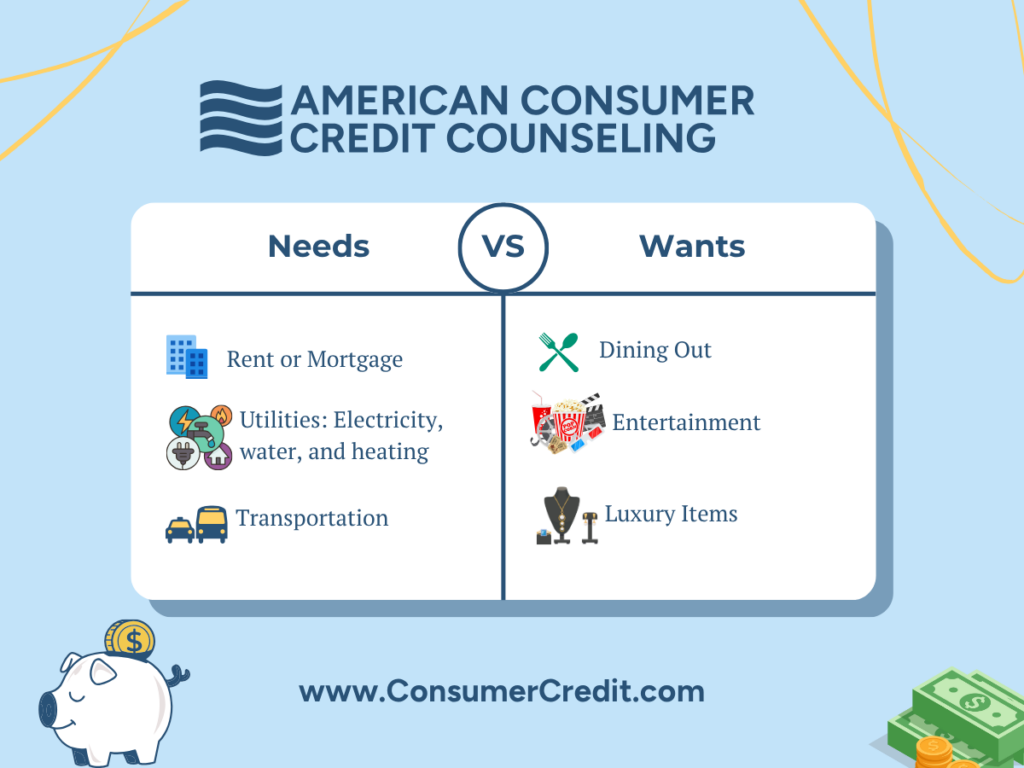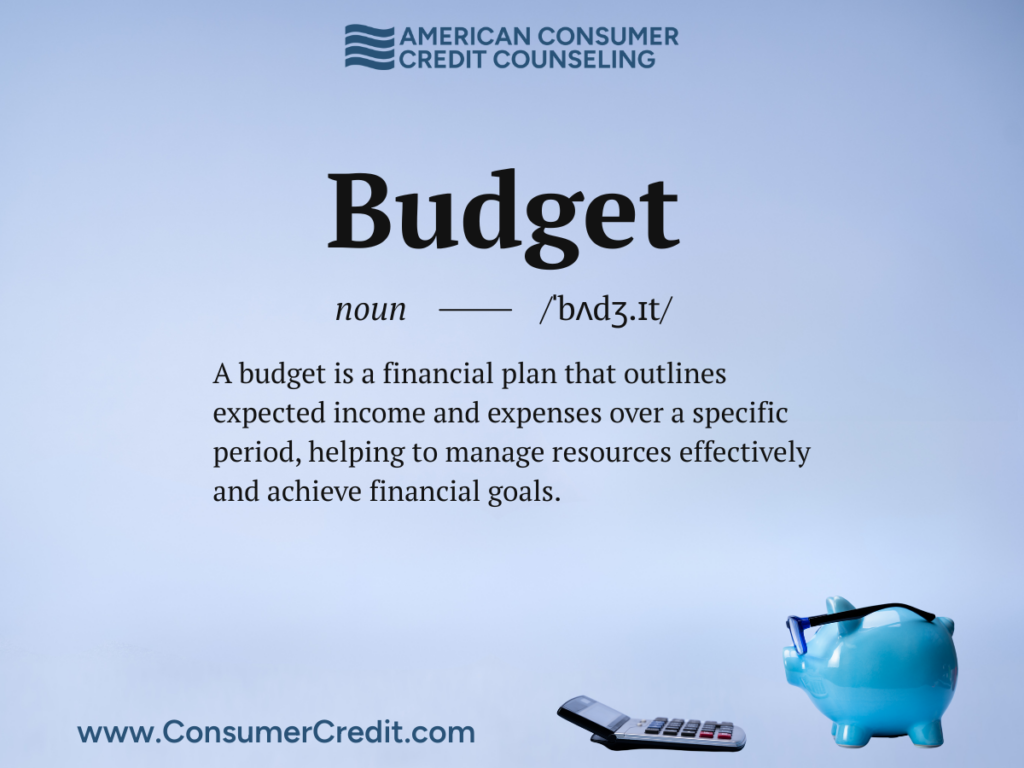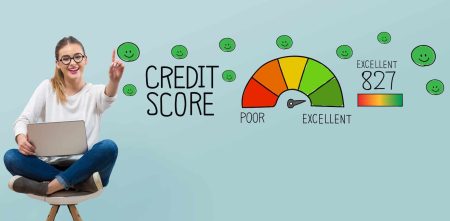In these difficult financial times, managing your expenses wisely is crucial. How can I prioritize expenses when money is limited? Concentrate on essential costs, be cautious with discretionary spending, and regularly review your budget. Start by asking yourself: What are my absolute necessities? Using the “needs vs. wants” approach helps ensure your vital expenses are covered, so you can allocate any leftover funds sensibly.
On average, American households spend about $6,440 each month, according to Motley Fool Money.1 With rising prices and the threat of tariffs, you’re likely to spend more. Add debt into the mix, with the average household owing $7,321 in credit card balances,2 and you might find yourself asking that question.
Key Takeaways
To manage your finances effectively, begin by prioritizing essential expenses like housing, food, utilities, healthcare, and transportation. Differentiate between needs and wants to ensure necessities are covered before considering discretionary spending. Regularly review and adjust your budget to remain adaptable and financially stable. If expenses are challenging, explore additional income sources such as part-time work or freelancing. Consider a Debt Management Plan to consolidate debts, potentially lowering interest rates and fees. Embrace community support and innovative strategies like loud budgeting to stay motivated and accountable.

Needs VS Wants
Needs: are the essentials you must have to live comfortably and maintain a basic standard of living, such as:
- Housing: Rent or mortgage payments are non-negotiable to ensure you have a safe place to live.
- Food: Groceries and necessary nutritional items are crucial for health and well-being.
- Utilities: Electricity, water, and heating are essential for maintaining a livable home environment.
- Healthcare: Medical expenses, including insurance and necessary medications, ensure you can manage your health effectively.
- Transportation: Costs associated with getting to work or school, such as public transportation fares or fuel.
Wants: are non-essential items or services that enhance your lifestyle but can be postponed or reduced if necessary, including:
- Dining Out: While enjoyable, it’s a luxury that can be minimized by cooking at home.
- Entertainment: Consider reevaluating movies, concerts, or subscriptions based on your budget constraints.
- Luxury Items: High-end clothing, gadgets, or accessories fall into this category and can often be deferred.
By deliberately focusing on fulfilling your needs first, you ensure that your basic requirements are met, creating a stable foundation for your financial life. Once your needs are covered, you can allocate any remaining funds toward wants, savings, debt, or other financial goals, thereby fostering a balanced and sustainable lifestyle. Now that you’re familiar with the concept of “needs vs. wants”, you’re ready to go through or create a budget that’ll help you track your expenses.
How Do I Create a Detailed Budget?
A detailed budget not only helps track your expenses but also your income, revealing where your money goes each month. Categorize your expenditures into “needs” and “wants.”

Steps to Prioritize Expenses
- Rank Your Expenses: Within the “needs” category, prioritize non-negotiable expenses with strict due dates, like rent and utilities.
- Cut Back on Wants: Identify areas where you can reduce spending. This might involve cooking at home more often, canceling subscriptions, or opting for free or low-cost entertainment.
- Build an Emergency Fund: Even on a tight budget, aim to set aside a small amount monthly to build an emergency fund, providing a financial cushion for the future.
- Seek Additional Income: Explore ways to boost your income, such as part-time jobs, freelancing, or selling items you no longer need.
- Review Regularly: Regularly review and adjust your budget to ensure you stay on track and maximize your resources.
How Can I Stay Motivated to Stick to My Budget?
Staying motivated to adhere to your budget can be challenging, but it’s essential for long-term financial and mental health. Here are some tips to help you stay on track:
- Set Clear Goals: Define what you want to achieve with your budgeting efforts, such as paying off debt, saving for a vacation, or building an emergency fund. Having clear objectives makes it easier to stay focused.
- Track Your Progress: Regularly monitor your spending and savings. Seeing how much you’ve achieved can boost your motivation and help you identify areas where you can improve.
- Celebrate Small Wins: Reward yourself for meeting budgeting milestones. It doesn’t have to be extravagant—a small treat or outing can serve as positive reinforcement.
- Stay Informed: Educate yourself about personal finance. Understanding the principles of budgeting and money management can empower you to make informed decisions.
- Stay Flexible: Life can be unpredictable, so be prepared to adjust your budget as needed. Flexibility allows you to handle unexpected expenses without feeling discouraged.
- Find community: Share your goals with friends or family who can provide support and accountability. Joining a group or online community focused on budgeting can also offer encouragement and advice.
Could Loud Budgeting Help Me?
Yes, it could! Speaking of community, have you ever heard of loud budgeting? Well, loud budgeting is an innovative approach to personal finance that emphasizes transparency, intention, and accountability. Unlike traditional budgeting methods, which can often feel restrictive and private, loud budgeting encourages individuals to openly share their financial goals, progress, and challenges with a supportive community or network.
The concept is rooted in the belief that discussing personal finances openly can lead to better financial habits, enhanced motivation, and collective problem-solving. By publicly acknowledging their budgeting plans and economic aspirations, individuals are more likely to stick to their commitments and make informed spending decisions.
Could Increasing My Income Help Me?
Yes, if money is tight and you’re struggling to prioritize your expenses, having more income could make it an easier task. Unfortunately, you can’t budget your way out of not having enough money. If you’ve reassessed your budget and reduced your discretionary spending, yet still find it challenging to cover your essentials or desire a bit more financial flexibility, exploring a part-time job or freelancing could be a viable option. Here are five tips to help you find opportunities:
- Leverage Your Network: Reach out to friends, family, and professional contacts to let them know you’re looking for additional work. Personal recommendations can be incredibly valuable and may lead to opportunities that aren’t publicly advertised.
- Explore Online Platforms: Websites like Upwork, Fiverr, or Freelancer offer a myriad of freelancing opportunities across various fields. Create a compelling profile that highlights your skills and experience to attract potential clients.
- Utilize Job Boards: Regularly check job boards such as Indeed, Glassdoor, or LinkedIn for part-time positions. Use filters to tailor your search to match your schedule and expertise.
- Assess Your Skills: Identify your strengths and consider how you can leverage them for financial gain. If you have a hobby or skill—such as graphic design, writing, or tutoring—consider offering your services on platforms like Etsy or through local community groups.
- Attend Networking Events: Participate in industry-related networking events or workshops, both in-person and online. These events can provide valuable insights, connections, and potential job leads.
Could a Debt Management Plan Help Free Up More Money to Put Towards My Expenses?
Indeed, a Debt Management Plan (DMP) can be an effective strategy for freeing up more money to allocate toward your essential expenses. By consolidating your various debts into a single, manageable monthly payment through a DMP, you may benefit from reduced interest rates and waived fees, ultimately lowering your monthly financial obligations. This approach not only simplifies your financial management but also accelerates your path to becoming debt-free. American Consumer Credit Counseling (ACCC) offers expert guidance in establishing a personalized DMP, helping you regain control of your finances while providing the support and resources needed to ensure a sustainable financial future. Partnering with ACCC can instill peace of mind and hope, allowing you to confidently face your financial challenges and focus on what truly matters to you.
Building a Better Financial Future
Prioritize essential expenses and make informed choices about discretionary spending to build a stable financial future. Regularly review and adjust your budget to stay adaptable. Consider strategies like loud budgeting, increasing income, and implementing a Debt Management Plan to enhance financial flexibility. Remember, every step towards financial management leads to greater control and peace of mind. Embrace these strategies with optimism, knowing your efforts today secure a better tomorrow.
Frequently Asked Questions
What is the “needs vs. wants” approach? The “needs vs. wants” approach involves categorizing your expenses into essentials required for daily living and discretionary items that can be delayed or eliminated.
How can I create a detailed budget? To create a detailed budget, start by tracking your income and categorizing your expenditures into “needs” and “wants.” Prioritize non-negotiable expenses within the “needs” category, such as rent and utilities. Identify areas to cut back on in the “wants” category, like dining out and entertainment. Build an emergency fund, explore additional income opportunities, and regularly review your budget to ensure it aligns with your financial goals.
What steps can I take to prioritize my expenses? Rank your expenses, cut back on wants, seek additional income, and review your expenses regularly.
How can I increase my income? Consider part-time work, freelancing, or selling items you no longer need to boost your income.
Could a Debt Management Plan Help Free Up More Money to Put Towards My Expenses? Indeed, a Debt Management Plan (DMP) can be an effective strategy for freeing up more money to allocate toward your essential expenses.
If you’re struggling to pay off debt, ACCC can help. Schedule a free credit counseling session with us today.
1. Motley Fool Money- American Households’ Average Monthly Expenses: $6,440
2. LendingTree- 2025 Credit Card Debt Statistics
Read the full article here












